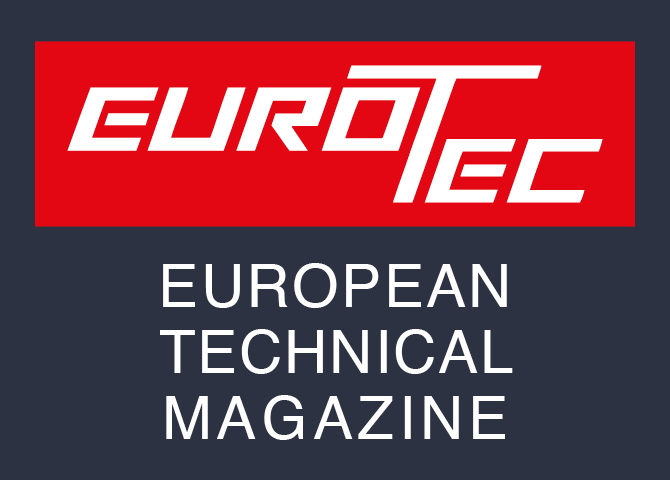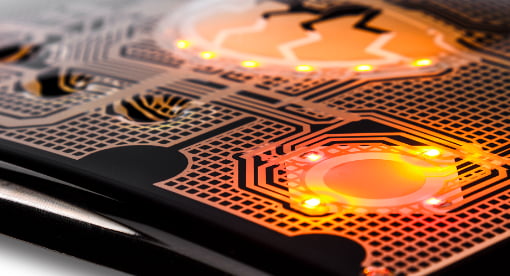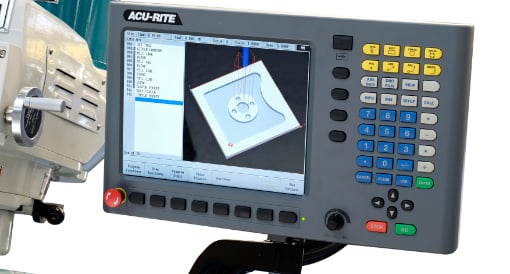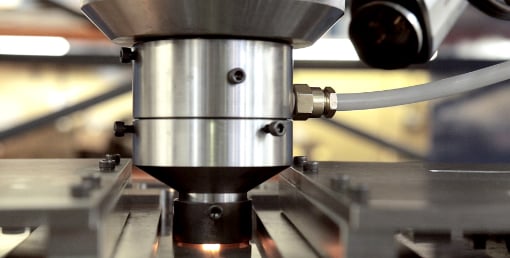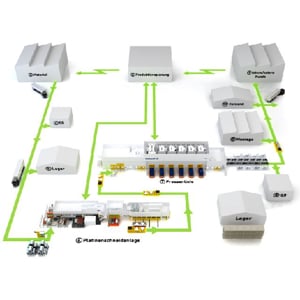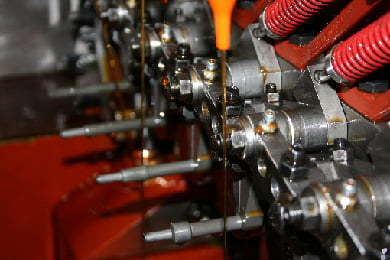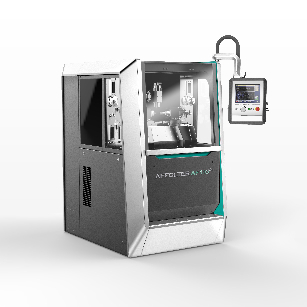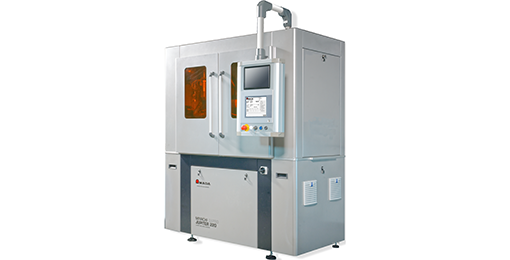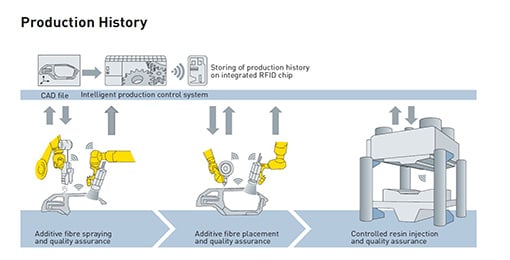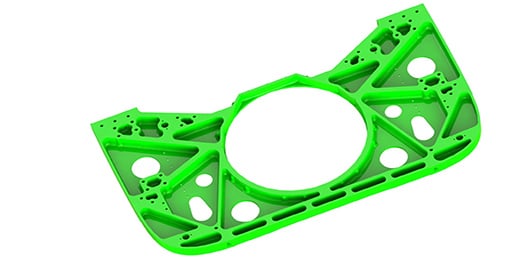On January 26-27, 2016, the 3rd Edition of the 3D Printing Materials Conference will take place at MECC Maastricht, in The Netherlands.
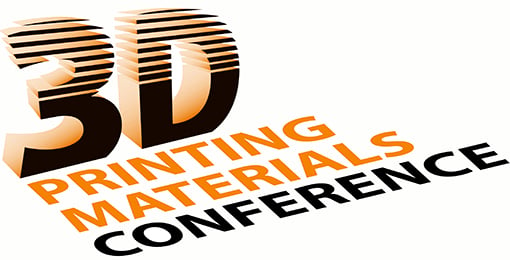
Insights from speakers’ presentations at the conference:
- Theo Salet, Professor, Technical University of Eindhoven, about "3D Printing of Sustainable Concrete Structures – From a Black and White Printer towards a Colour Printer": "Printing of concrete structures saves on the costs, improves productivity and could above all seriously limit the environmental impact. This lecture explains the digital design of printed concrete structures, using evolutionary tools to minimize the amount of material needed. It also shows the development of a large scale concrete printer, able to print different types of concrete at the same time amongst structural – and innovative insulating types of concrete."
- Tristan Mes, Manager, SupraPolix, about “3D-Printing of Self-Healing Supramolecular Materials”: "Supramolecular polymers, based on hydrogen bonding are eminently suitable for FDM 3D-printing. The thermo-reversible nature of hydrogen bonding favors the interplay between the intrinsic processability and the mechanical properties of the polymer and is therefore lowering its printing-temperature while retaining its mechanical performance. Furthermore, the specific rheological profiles of supramolecular polymers may lead to unique dynamical properties like self-healing behavior."
- Stijn Lambrechts, Business Development & Innovation Additive Manufacturing, SIRRIS, about “Guide to optimize print parameters for an LBM process”: "If we want additive manufacturing to become more cost effective, one key enabler will be to open up the market for material supply to AM. For quality and process stability reasons, many suppliers of AM machines try to organize the material supply for their machines by sourcing the materials and distributing them to the machine users. For powder bed AM machines however, supply of suited powders is broadly available on the market at more cost effective prices."
- Johannes Overvelde, Harvard University, about “Embracing compliance in robots to achieve function”: "In coming years, the fast developing field of 3D printing will likely result in completely soft robots that do not require any assembly."
